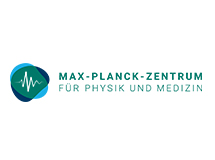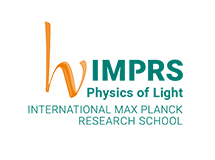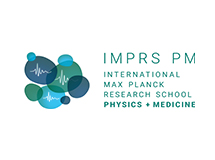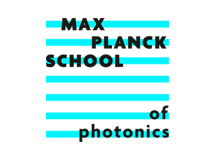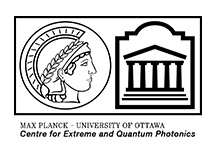
Jürgen Popp - Translational biophotonics – from ideas to instruments
Virtual Lecture
Lecture available on YouTube
Abstract:
The use of optical approaches outside specialized laboratories directly at the end user requires easy to use optical instruments with a high TRL. Here, the application of spectroscopic methods to address biomedical research has grown over the past years and has advanced into a new era due to advances in instrumentation and most importantly due to an enhanced cross-disciplinary dialogue between spectroscopists and end-user like e.g. clinicians. In this contribution we report on various innovative technological concepts for bringing optical approaches closer to the end-user like e.g. clinical use. We will focus on molecular-sensitive spectroscopic methods, with particular emphasis on Raman spectroscopy and their combination with other spectroscopic / optical modalities, to provide a multimodal approach. We will start with novel multimodal spectroscopic instrumentation (like e.g. innovative Raman fiber probes, clinically usable multimodal microscopes or endospectroscopic probes etc.) for precise surgical guidance and intraoperative histopathological examination of tissue under in-vivo or near in-vivo conditions. Furthermore, we report on a high-throughput Raman spectroscopy platform for the analysis of cells. With this platform Raman spectra of tens of thousands of cells can be rapidly measured via a complete automation of the complete process chain. At the end we introduce an automated Raman platform in combination with specially developed chips (e.g. dielectrophoresis chip) for microbial analysis. The application of this approach in a clinical environment for a rapid identification of sepsis pathogens together with an antibiotic susceptibility testing will be presented.
Acknowledgements
Financial support of the EU, the ”Thüringer Ministerium für Wirtschaft, Wissenschaft und Digitale Gesellschaft”, the ”Thüringer Aufbaubank”, the Federal Ministry of Education and Research, Germany (BMBF), the German Science Foundation, the Fonds der Chemischen Industrie and the Carl-Zeiss Foundation are greatly acknowledged.
Biography:
Jürgen Popp holds a chair for Physical Chemistry at the Friedrich-Schiller University Jena and is also the scientific director of the Leibniz Institute of Photonic Technology, Jena. His research interests are mainly concerned with biophotonics and optical health technologies. He has published more than 800 journal papers and received several awards like e.g. an honorary doctoral degree from Babeş-Bolyai University in Cluj-Napoca, Romania or the prestigious Pittsburgh Spectroscopy Award. In 2016 he was elected to the American Institute for Medical and Biological Engineering College of Fellows. 2018 Jürgen Popp was awarded the renowned Ioannes Marcus Marci Medal of the Czechoslovak Spectroscopy Society. won the third prize of the Berthold Leibinger Innovationspreis and the Kaiser-Friedrich-Forschungspreis. In 2019 he won the Ralf-Dahrendorf Award for the European Research Area and the Research Award for Applied Sciences of the Free State of Thuringia, Germany. 2020 he became OSA Senior Member.

